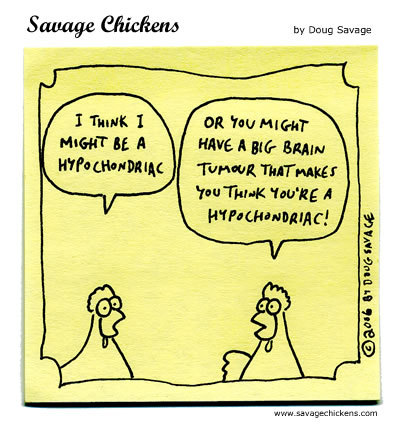Yawning is a reflex that we usually associate with tiredness or boredom. When we feel quite sleepy or feel that it is bedtime, we will involuntarily take a deep breath in and stretch our muscles. It used to be believed that yawning is the brain’s response to lack of oxygen, which seems logical as we take a deep breath in during a yawn. However, studies have shown that yawning actually decreases the level of oxygen in the brain. The reason for yawning is still a mystery, but there are many theories suggesting that it cools the brain or to keep the muscles stretched and ready. It may even be a primitive reflex designed to display dominance and signal that they are not threatened by an incoming danger.
An interesting thing about yawning is that it is extremely contagious. It is thought that yawn contagiousness serves a social purpose. Our brains contain certain types of neurons called mirror neurons, that are responsible for copying an action that we see (hence the proverb “monkey see, monkey do”). It has been suggested that by copying the yawn of another member in the group, a sense of camaraderie is established, acting as a social lubricant (much like mirroring to build rapport). The contagiousness is surprisingly strong, even working when you see a video of a person yawning or even reading about yawning. It spreads to animals as well, such as other primates (e.g. monkeys, apes) and dogs. Interestingly, autistic children are less likely to yawn when someone nearby yawns, suggesting that there is indeed a social element to yawning.


